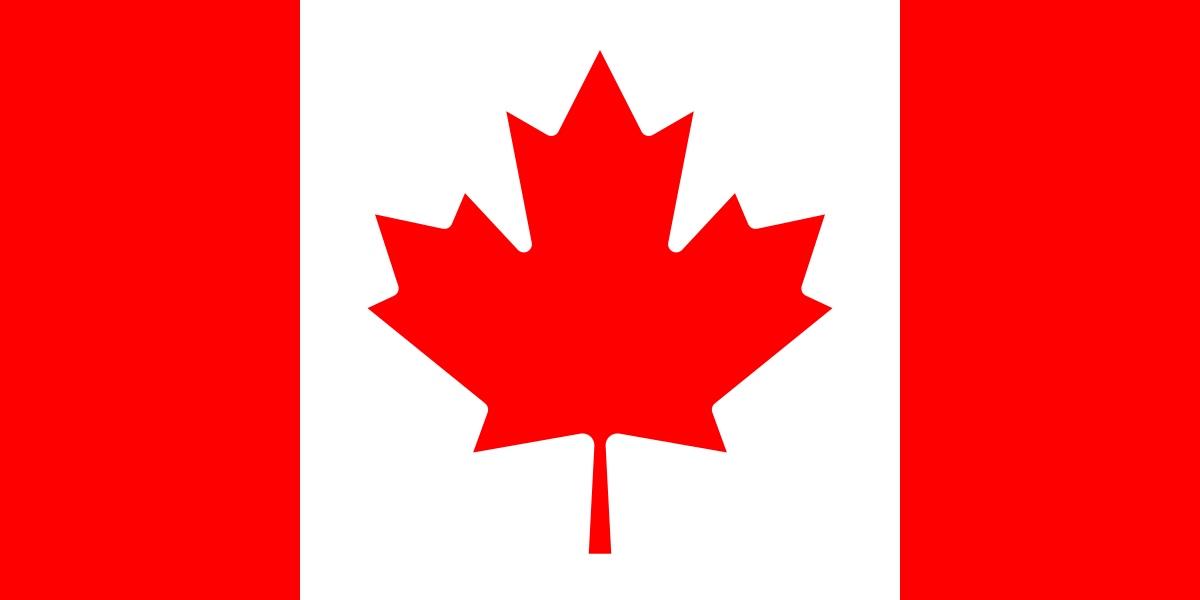Turkey wants new Syria truce as EU braces for refugee arrivals
Turkey wants Russia to agree to a new ceasefire for Syria’s Idlib region, near the Turkish border, as Europe braces for another wave of refugees from war-torn Syria.

The most recent ceasefire, reached in January, collapsed as Syrian government forces, backed by Russian air power, advanced in recent weeks into the Idlib region, Syria’s last rebel stronghold.
Dozens of Turkish troops were killed in an attack in Idlib last week.
Turkish President Recep Tayyip Erdogan said on Monday that he would seek a new ceasefire agreement for Idlib at a meeting with Russian counterpart Vladimir Putin in Moscow on Thursday.
Read also: NDLEA nabs 3 suspects for alleged brewing of skuchies
The Kremlin, while confirming that Erdogan was scheduled to visit, insisted that Syria’s territorial integrity must be preserved, alluding to the presence of Turkish forces in the country.
Russia, the strongest backer of the Syrian state, has warned Turkey not to conduct military flights in the Idlib region as the Syrian state enforces a no-fly zone.
Meanwhile, Syrian government forces recaptured Saraqeb, a strategic city in the north-western province of Idlib, four days after Turkey-backed rebels seized it, a war monitor said on Monday.
The flare-up has sparked fears of a new European migration crisis, after Ankara said its frontiers were open to those who wanted to head to Europe.
After last week’s attacks, Turkey said that it could not support more Syrian refugees, and that the European Union had not provided the help it had promised for some 3.6 million Syrian refugees in the country.
Thousands of migrants have rushed to Turkey’s borders with Greece and Bulgaria since Erdogan’s remarks.
European Commission President Ursula von der Leyen, European Council President Charles Michel and European Parliament President David Sassoli are to meet Greek Prime Minister Kyriakos Misotakis in the border zone to see what additional support could be provided.
The commission is also to hold intensive dialogue with Ankara to discuss “where support might be needed” but noted that there is already an agreement on this issue.
Mitsotakis described the visit as an important statement of support “at a time when Greece is successfully defending EU borders.”
Greek police had repeatedly fired tear gas and flash grenades at migrants that have made for the border in the Evros region since Erdogan’s statement, state broadcaster ERT reported.
Late on Monday, a video reportedly showing a Syrian refugee being shot by Greek border guards generated outrage on social media. According to reports, Ahmed Abu Emad, 22, of Aleppo, was fatally shot by a rubber bullet.
A Greek government spokesman dismissed the footage as fake, although there were indications to the contrary and a second video online appeared to show the same events.
EU border agency Frontex has agreed to launch a rapid border intervention to help Greece respond to the heightened number of migrants at its borders, Frontex had said in a statement on Monday afternoon.
Once an operational plan for the rapid intervention is agreed with Greece, Frontex is to ask EU states and Schengen-associated countries to provide border guards and other relevant staff from a 1,500-strong rapid-reaction pool.
Apparently seeking to further discourage migrants, Greece announced a 24-hour live-ammunition military exercise in the border zone and on Aegean islands and has suspended the reception of asylum applications for a month, prompting criticism from the UN refugee agency (UNHCR).
The UNHCR reported that 1,200 migrants had arrived on Greek islands on Sunday and Monday morning, warning that the suspension of asylum applications is against UN and EU law.
Athenian authorities on Monday said they had prevented close to 10,000 migrants from crossing the border the previous day.
Urgent action is needed to assist people trapped between the borders of Greece and Turkey and ensure access to asylum for those in need of it, Council of Europe Human Rights Commissioner Dunja Mijatovic said on Monday.
German Chancellor Angela Merkel hit out at Erdogan over his “completely unacceptable” decision to tell Turkey-based refugees that he had opened the country’s border to the European Union.
Her comments were underlined by government spokesman Steffen Seibert, who emphasized that the route into the EU was not open.
German Foreign Minister Heiko Maas added that the EU was ready to contribute to the provision of humanitarian aid to refugees in Turkey and Syria. He acknowledged that Turkey was shouldering a heavy burden, but that the EU must still remind it to fulfil its obligations regarding refugees.
As a solution, Bulgarian Prime Minister Boyko Borisov proposed migration centres outside Europe’s borders, paid for by the whole of the EU.
Borisov’s statement came as the International Organization for Migration (IOM) suggested that Bulgaria had enough capacity to take in 10,000 refugees.
On Monday, the US was considering increasing humanitarian aid to displaced people in north-western Syria but Secretary of Defence Mark Esper brushed aside a suggestion he would give Turkey air support in Syria.
On Friday, EU foreign ministers are to hold an extraordinary meeting in Zagreb on Friday triggered by events in Syria, diplomatic sources told dpa. (dpa)






